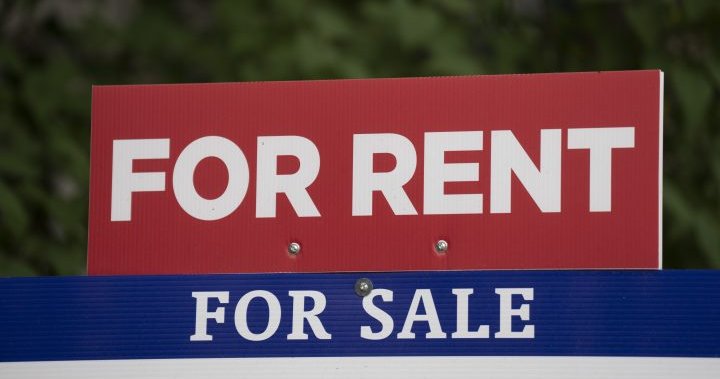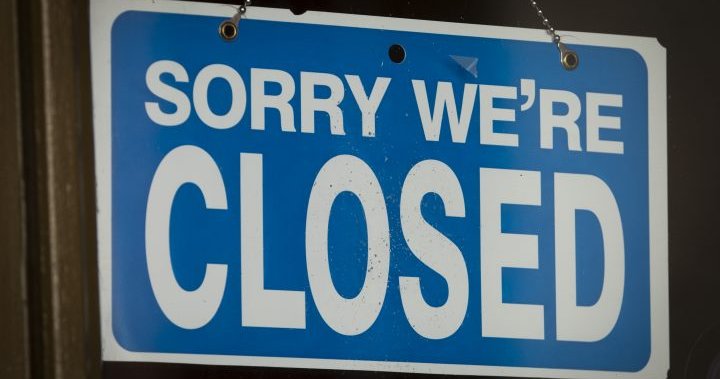The city of Winnipeg’s housing market is getting a $122-million boost, but experts say the need for more affordable housing is still not being met.
Winnipeg said the funds come from the federal government’s housing accelerator fund, and will go into incentives and programs expected to fast-track more than 3,000 new housing units, including 900 affordable units.
In order to get the money, the city had to make changes to its zoning rules. Jino Distasio, an urban geography professor at the University of Winnipeg, said those changes are good news for new development.
“First phase of those 900, we’ll see how the market responds to changes in zoning, (and) how we can create and intensify areas of the city where we might not have seen that much activity.”
The changes include allowing denser housing near transit routes and faster approvals for development.
“We all have to remember (that) yes, we can build housing, ” Distasio said. “But we have to make sure that families and households can afford that housing.”
Christina Maes Nino, executive director for the Manitoba Non-Profit Housing Association, said that while “Manitoba is pretty stable and is actually working well for the majority of Winnipeggers,” there are still gaps that need filling and that 900 units “will not be enough.”
Get the latest National news.
Sent to your email, every day.
She said she’s optimistic, though, because “it will be more than what’s been done in a long time.”
But the city is missing the mark a bit, she said.
“It’s the rental housing for low-income folks where we really need to focus supports, because those folks are not being met by the market.”
Maes Nino said the biggest group in need are single, employed people making minimum wage who can only afford up to $900 in rent monthly, adding that single women with children are overrepresented in this demographic.
Manitoba needs about 10,000 units over the next 10 years to meet that demand, she said. The best way to increase the supply is by improving the city’s processes to fast-track development.
“Changing the processes to make things faster and easier to build is going to keep things affordable not only over the next three years but over the next 20 years if we keep those processes in place.”
She said re-zoning and greater density — especially infill — is important to making “higher-density development faster.”
“In the housing world, time is money. So, if it’s faster, it’s going to be cheaper.”
Winnipeg said it will use the money, in part, to co-ordinate and speed up permit approvals.
Distasio said that while this fund is a short-term solution, governments need to address the root causes of housing unaffordability as well.
“We’ve got to also raise income, raise shelter allowance rates, and really address the poverty side of the housing affordability crisis in Canada. Because I don’t think we’re giving that enough support to really have the impact that some of these programs could,” he said, adding new housing supply will only help if it’s targeted toward the people who need it most.
— with files from Global’s Katherine Dornian.
© 2023 Global News, a division of Corus Entertainment Inc.




